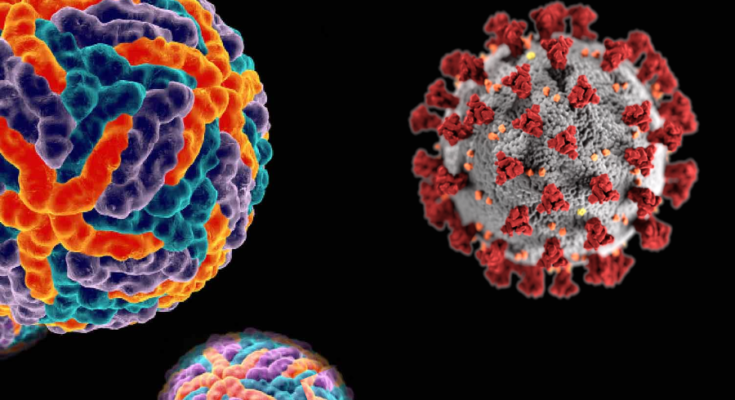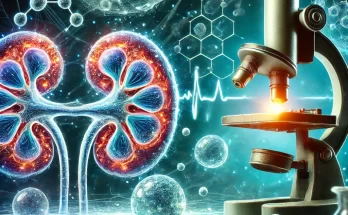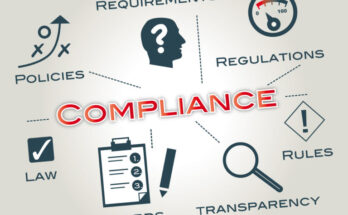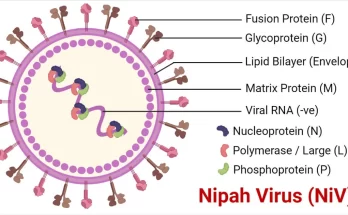Hit hard by an economic crisis, Sri Lanka is currently facing an unprecedented outbreak of COVID-19 throughout the island. Yesterday the authorities reported 156 COVID-19 related deaths while the number of confirmed new cases for the day had gone up passing 3000. Releasing a special report on 11th August 2021 Independent Expert Group appointed by the World Health Organization urged the Sri Lankan authorities to impose immediate travel restrictions to control the current outbreak and save at least 18000 lives from this deadly pandemic.
Observations
The expert panel had paid special attention to the following observations which can be highly critical in upcoming few days,
- Rapid increase in daily reported number of cases and deaths
- Bed occupancy rates at all levels of care facilities (over 85%) and ICU’s (over 90%) which are now in full capacity
- High PCR test positivity rate of over 20% in many areas of the country
- Delta variant becoming the dominant variant
- Low ratio of the fully vaccinated population which was at around 15% by 9th of August
- Significant number of health workers are getting infected
- High level of mobility and social mixing among population that could be seen in recent days
Projections
Taking these observations in to consideration the expert panel highlight the projections done by Monash University, Australia in collaboration with WHO SEAR and Sri Lanka County Office in their report.
According to those predictions the number of cases would increase up to 6,000 cases/ day by mid-September, number of deaths will reach a peak of around 220 deaths/day by early October. At the same time ICU admission will peak at around 275 by early October and by January 2022 we can expect cumulative death count of around 30,000 if we don’t impose immediate travel bans.
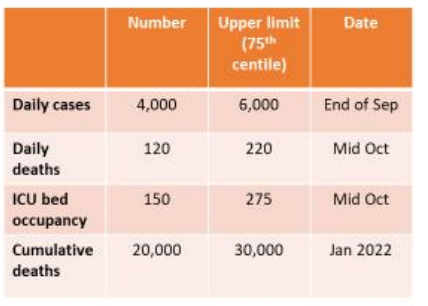
th Independent Expert Group Meeting on Current COVID-19 situation and way forward Convened by WHO Sri Lanka on 10 August 2021)
Bu if we impose an immediate travel ban for four weeks we would be able to cut down these numbers by a huge margin, the report also says. According to their projections if we take action right now we can maintain numbers of new cases at around 1,000 /day, number deaths less than 25 /day and number of those who need ICU care to less than 25 /day (by October 2021) and this action alone would avert 18,000 deaths by Jan 2022.
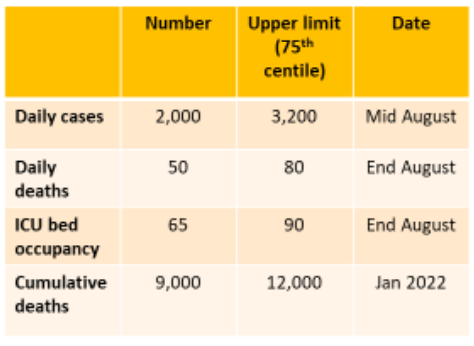
th Independent Expert Group Meeting on Current COVID-19 situation and way forward Convened by WHO Sri Lanka on 10 August 2021)
Recommendations
Taking the current scenario of the pandemic and the projection models in to account the expert panel lists out the following recommendations to stop a major health crisis from happening.
- Strictly enforce movement restrictions, including inter-district travel except for essential services. The effective implementation of these measures may require the enforcement of a curfew for a short period, in large geographic areas or nationally.
- Restrict /cancel all public events for 3 weeks.
- Provide care and protect the health workers and augment staffing in hospitals to minimize disruption of essential health services.
- Develop and implement an effective communication plan to engage the public and to update them on the control measures.
- Accurate reporting of both cases and deaths to get a better picture of the ground situation. May also use proxy indicators such as observed Test Positivity Rate (TPR), trends measured using weekly moving averages and time series analysis, mobility data, etc.
- Prioritize to vaccinate all those over 60 years old and those with co-morbidities, preferably with Pfizer, Moderna or Astra Zeneca because even a single dose of these vaccines provides some degree of protection until the second dose is given.
The full report is available here

